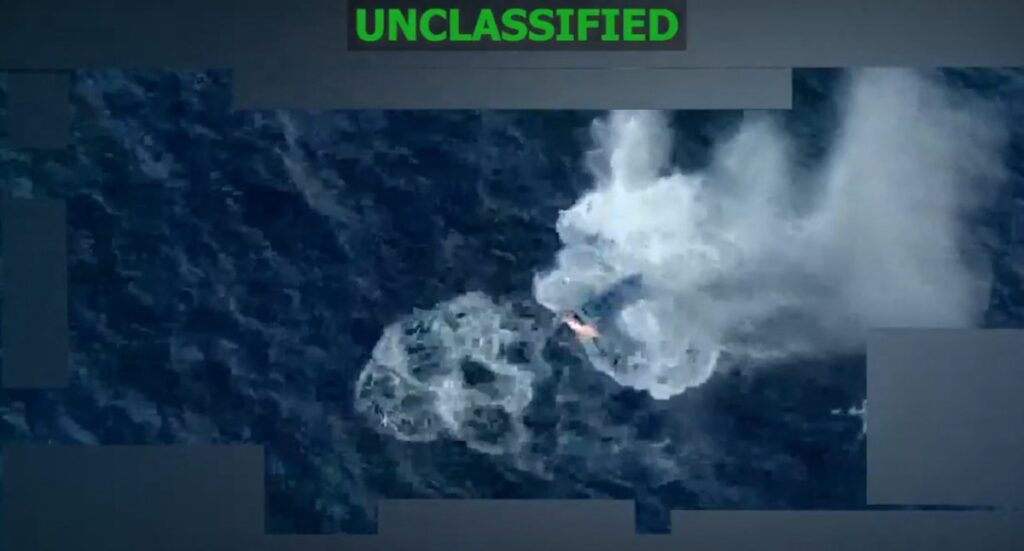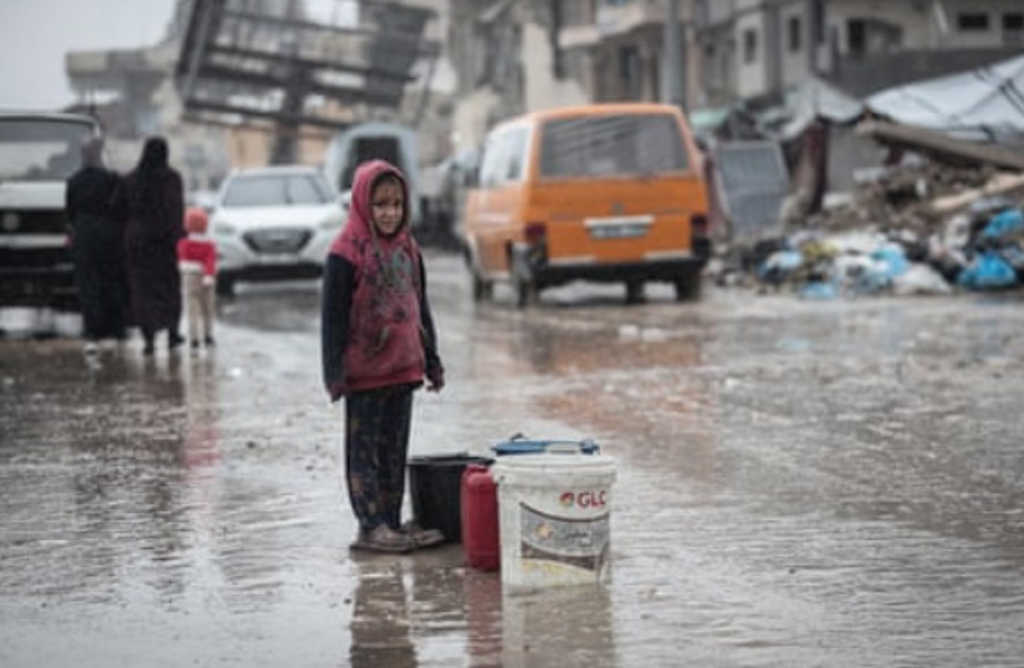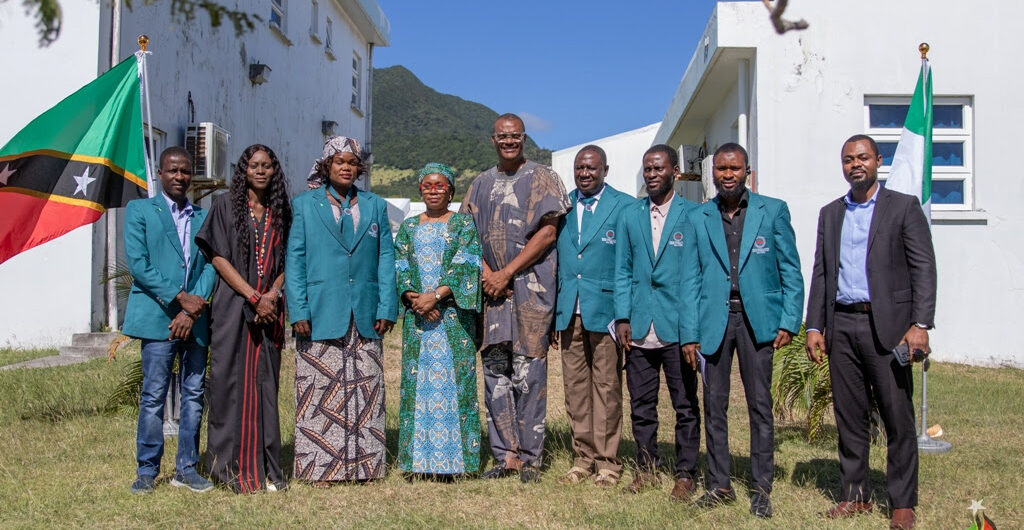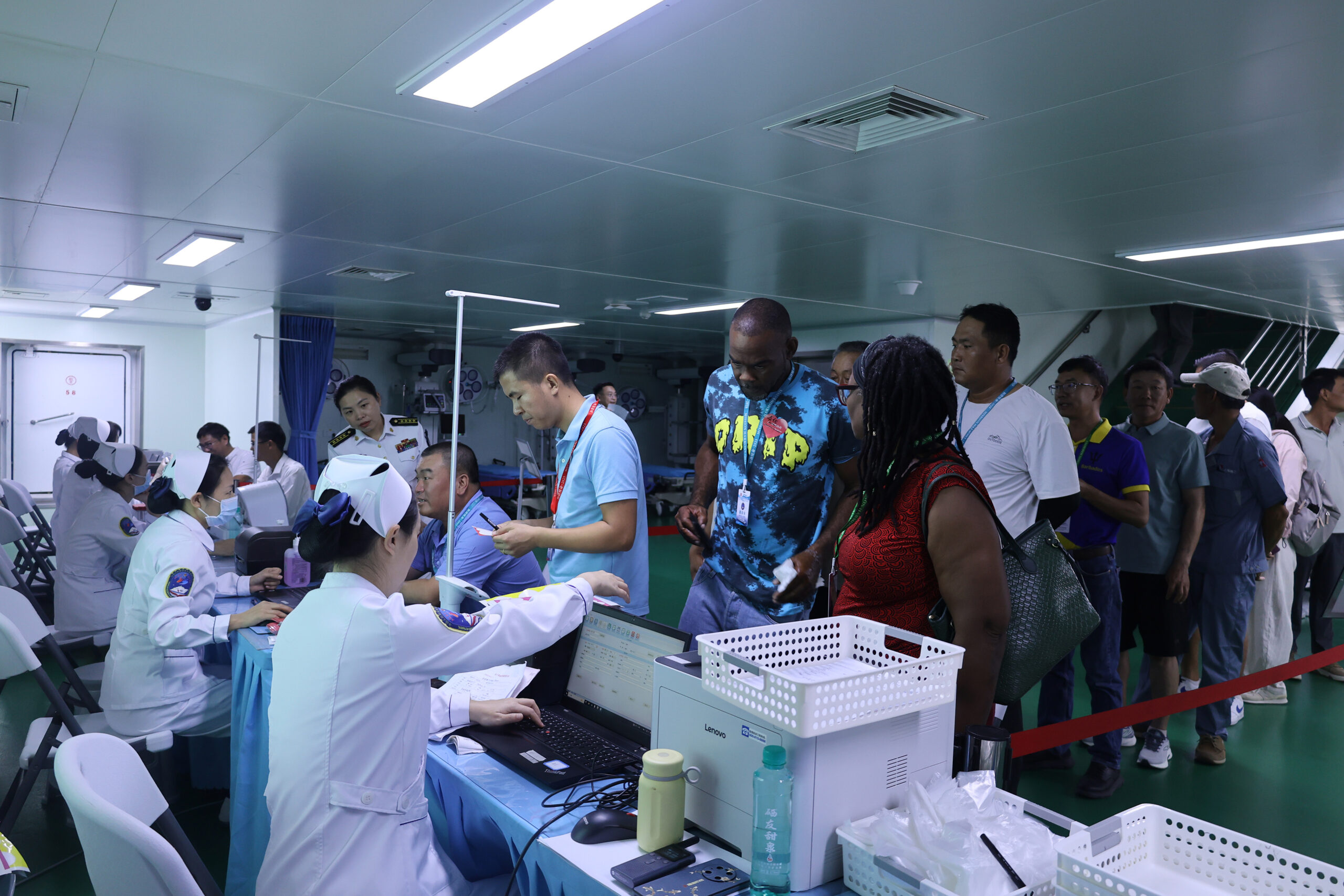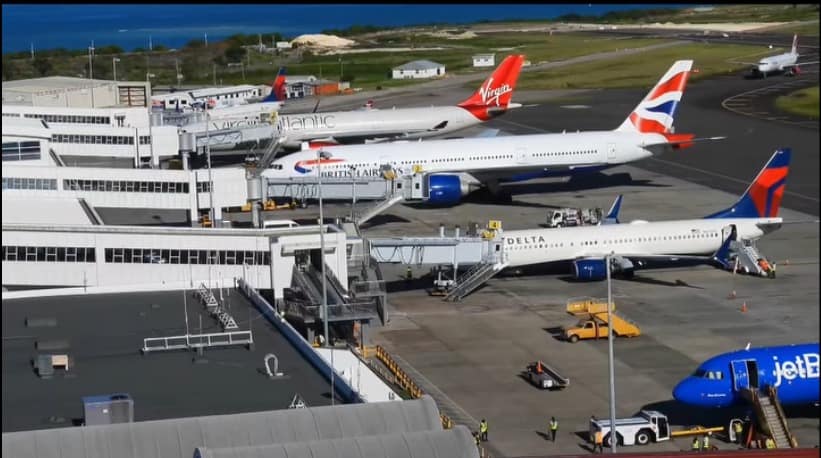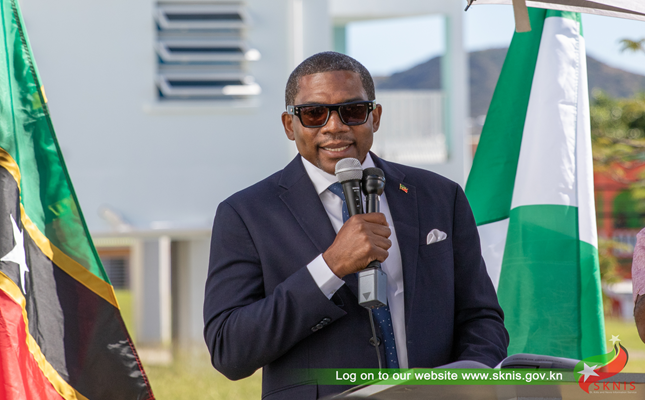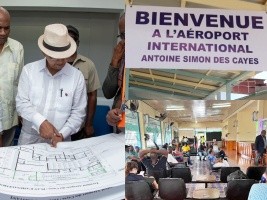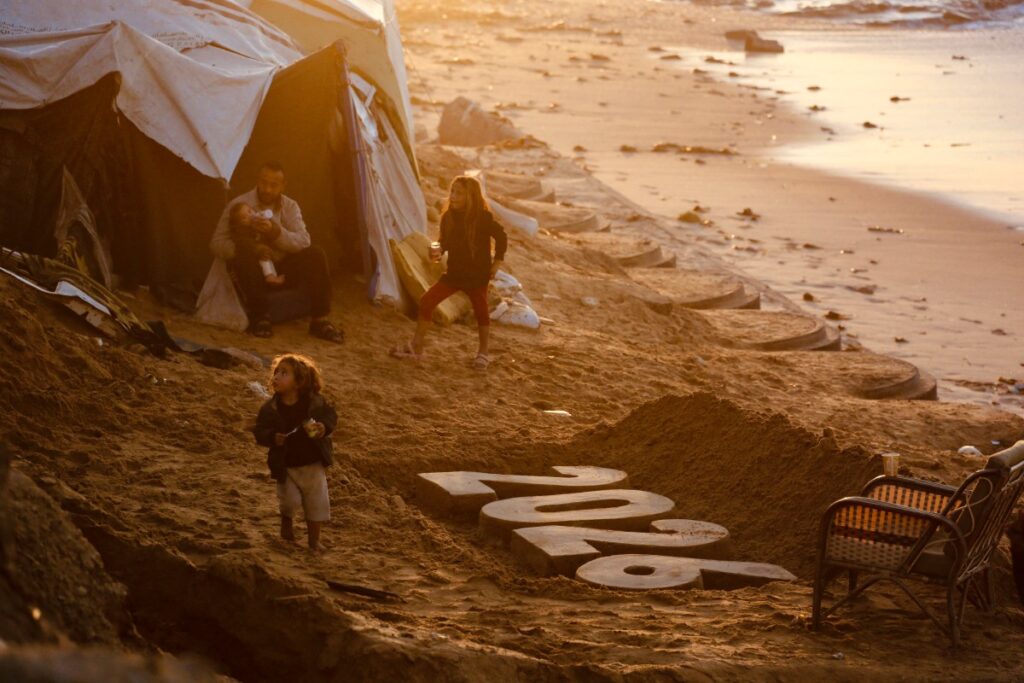WASHINGTON (AFP)—The United States military has confirmed the deaths of three individuals during maritime operations targeting suspected narcotics trafficking vessels. According to a statement released Wednesday by US Southern Command (SOUTHCOM), the incident occurred on Tuesday when forces engaged three vessels traveling as a convoy in international waters.
The operation, which targeted what the military described as ‘narco-trafficking vessels’ operated by ‘Designated Terrorist Organizations,’ resulted in the fatalities occurring aboard a single boat. Accompanying footage released by SOUTHCOM on social media platform X showed three boats being struck by successive explosions while moving together at sea.
Military officials stated that after the initial engagement eliminated the three individuals on the first vessel, remaining occupants abandoned the other two boats before subsequent actions sank both vessels. The exact location of the confrontation remains unspecified, though previous similar operations have typically occurred in Caribbean or eastern Pacific waters.
SOUTHCOM indicated that the Coast Guard was notified to activate search and rescue protocols, though no further details were provided regarding the fate of those who abandoned the vessels.
This incident brings the total death toll in Washington’s counter-narcotics campaign to at least 110 since September, with over 30 similar strikes conducted against alleged drug smuggling operations. The military has not presented concrete evidence publicly demonstrating the targeted vessels’ involvement in trafficking activities.
International legal experts and human rights organizations have raised concerns that these operations may constitute extrajudicial killings, arguing they apparently target civilians who pose no immediate threat to US security.
The maritime operations occur against the backdrop of heightened tensions between the US and Venezuela. President Donald Trump has intensified pressure on Venezuelan leader Nicolás Maduro, accusing him of operating a drug cartel—an allegation Maduro vehemently denies while accusing Washington of pursuing regime change to access Venezuela’s substantial oil reserves.
